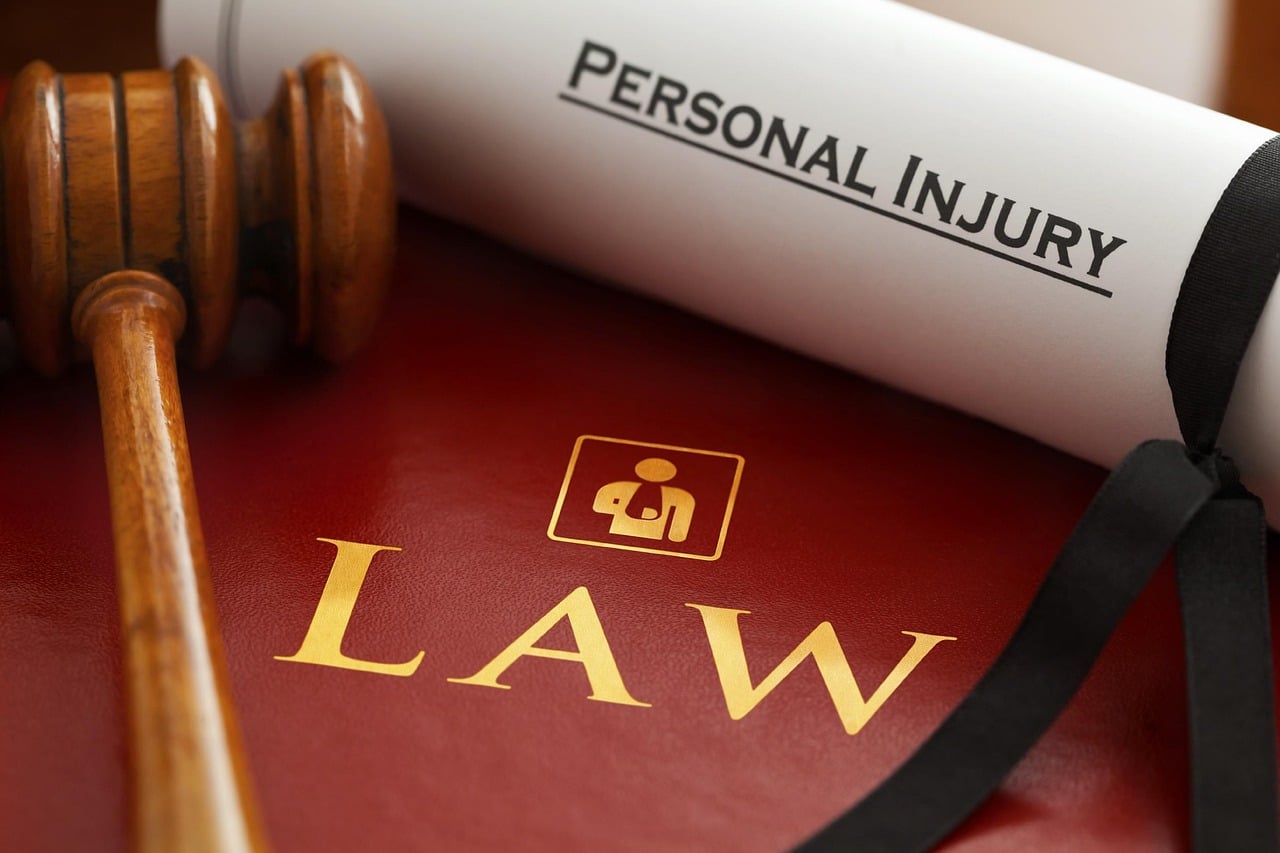Accidents can happen in an instant—but the consequences can last a lifetime. Whether it’s a car crash, a slip and fall, or a dog bite, personal injury law is designed to help victims get the compensation they deserve. If you’ve been hurt because of someone else’s negligence, it’s important to understand your rights.
What Is Personal Injury Law?
Personal injury law (also known as tort law) allows an injured person to file a lawsuit to seek compensation for harm caused by another’s careless or intentional actions. The goal is to “make the victim whole” again, financially and sometimes emotionally.
It typically covers:
- Physical injuries
- Emotional distress
- Medical bills
- Lost wages
- Pain and suffering
Common Types of Personal Injury Cases
1. Car Accidents
One of the most common causes of personal injury claims. If a driver’s negligence caused the crash, the victim can pursue a claim for damages.
2. Slip and Fall Accidents
Property owners have a duty to keep their premises safe. If you’re injured due to unsafe conditions, like a wet floor or broken stairs, you may have a case.
3. Medical Malpractice
When a doctor or healthcare provider causes injury through negligence or error, you may be entitled to compensation for the harm done.
4. Product Liability
If a defective or dangerous product causes injury, the manufacturer or seller can be held responsible.
5. Dog Bites
Many states hold dog owners strictly liable if their pet injures someone—especially if the dog has a history of aggression.
Key Elements of a Personal Injury Claim
To win a personal injury case, you usually need to prove these four things:
- Duty of care – The defendant had a legal obligation to act responsibly.
- Breach of duty – They failed to uphold that duty.
- Causation – That breach caused your injury.
- Damages – You suffered actual harm (medical bills, lost income, etc.).
Compensation You Might Be Entitled To
Depending on the case, personal injury victims may recover:
- Medical expenses (past and future)
- Lost wages and reduced earning ability
- Pain and suffering
- Emotional distress
- Property damage
- Punitive damages (in rare, extreme cases)
Statute of Limitations
Every state has a time limit for filing personal injury lawsuits—this is called the statute of limitations. In most states, it’s 1 to 3 years from the date of the injury. If you wait too long, you may lose your right to sue.
Do You Need a Lawyer?
While some minor injury claims can be settled without an attorney, most personal injury cases benefit from legal help—especially when:
- Serious injuries are involved
- Liability is unclear
- The insurance company denies or lowballs your claim
- The case involves medical malpractice or product liability
An experienced personal injury lawyer can help gather evidence, negotiate with insurance companies, and fight for fair compensation in court if needed.
Final Thoughts
Personal injury law exists to protect victims and hold negligent parties accountable. If you’ve been injured due to someone else’s actions, you don’t have to suffer in silence. Understanding your legal rights and options is the first step toward getting the support and compensation you deserve.











Leave a Comment